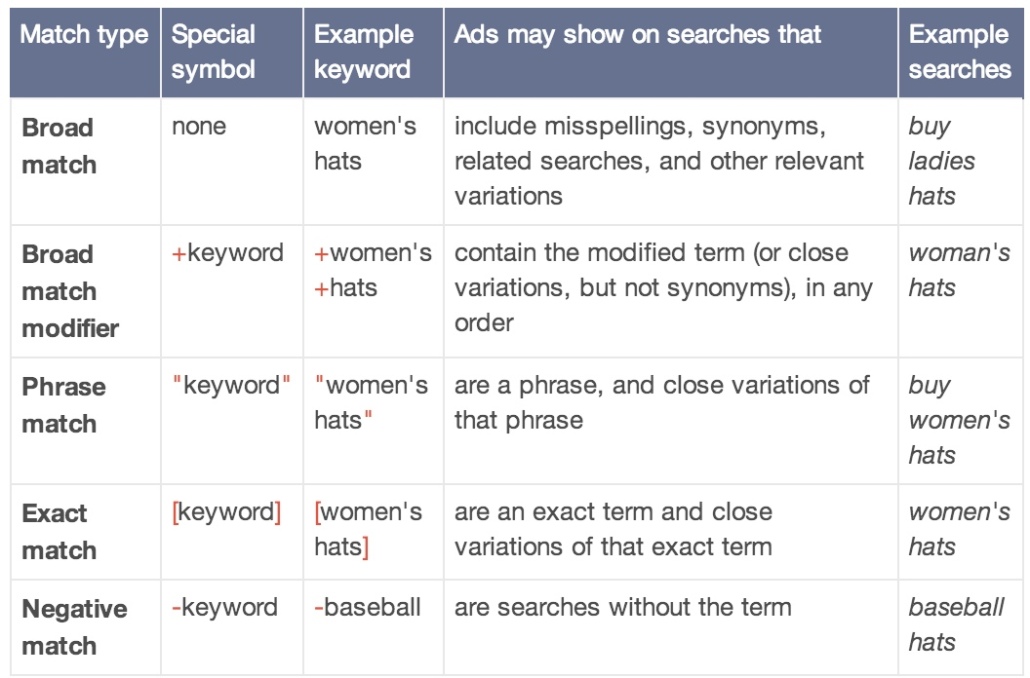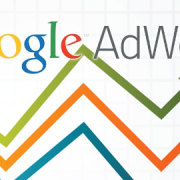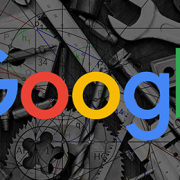5 Google Adwords Mistakes You Should Avoid

Most people are already aware of how powerful Google Adwords can be for driving traffic to their website but the costs can add up very quickly if your campaigns are not setup correctly. Avoiding these common 5 Google Adwords mistakes will help to minimize costs while maximizing your return on investment.
A campaign that isn’t properly setup can end up costing more money than it’s actually bringing in, experience and proper management both play huge roles in determining how successful your Google Adwords campaign(s) will be.
In this post, we will go over 5 Google Adwords mistakes that are commonly made along with some advice on how to avoid making them yourself.
Mistake #1: Improperly Grouping Keywords
AdWords allows you to create campaign ad groups so you can manage different types of campaigns. Within each of your campaigns, you have the ability to break down each of your ads and keywords by ad groups (While within a campaign, click the green button “New ad group” to create a new group for ads or keywords”.
One of the most common mistakes is not properly setting up ad groups. People will place all of their keywords into a single ad group and show everyone the same ad instead of properly segmenting their ads based on similar keyword types.
This approach leads to numerous issues, the basics of PPC Advertising tell us that people are much more likely to click on a link depending on how close the ad copy matches the keyword. The ad being displayed should match the keyword being searched.
By lumping all of your keywords together is prevents you from being able to customize your ad so that it more closely matches the actual term being searched for. The more effort you spend on properly grouping your ads and keywords, the easier it will be for you to analyze and optimize your campaigns.
Mistake #2: Using The Wrong Keyword Matches
Another common mistake people tend to make is using the wrong phrase match, broad match, or exact match keywords.
Adwords will allow you to add keywords for a campaign as phrase match, broad match or exact match, here is a breakdown of each keyword match.

A broad match keyword means that the order of the keywords searched doesn’t impact whether your ads will be displayed. If you had for example “Adidas running shoes”, your ad would be displayed for people who searched for “Adidas running shoes”, “Adidas soccer running shoes”, and “Buy Adidas running shoes online”. Your ad will be displayed as long as the keywords entered show up regardless of the order.
A phrase match keyword means that the complete keyword phrase you have chosen needs to be included in the search in the order it was entered. Using the Adidas example, if you were to enter “Adidas running shoes” as your phrase match keyword then your ad would be displayed for terms such as “Adidas running shoes” and “where can I purchase Adidas running shoes” but would not be displayed for searches like “Adidas soccer running shoes” or “Where can I purchase Adidas shoes for running”.
An exact match keyword is exactly what you would think. The search terms needs to match exactly with the keyword you’ve entered in Adwords. For example, if you put “Adidas running shoes” for your exact match keyword, your ad will only be displayed for someone searching “Adidas running shoes” and wouldn’t be displayed for a very similar search of “Adidas running shoes online”.
How does all of this impact my Adwords campaigns? The type of match you choose will make a big difference on how your ads perform. A broad match will generate more impressions, but typically less conversions as it will be displayed for terms that aren’t necessarily the best fit for your product or service.On the other hand, exact match and phrases will usually lead to much higher conversion rates as your audience is much more specific, but as a result tend to generate significantly less impressions, meaning you may not be reaching as large of an audience.
Mistake #3: Not Implementing Negative Keywords
Another common mistake is not correctly implementing negative keywords. AdWords gives you the ability to use negative keywords to exclude keywords you don’t want your ads to be displayed for.
Here’s an example, if you were the owner of an e-commerce site that sells designer men’s shoes but not athletic shoes, then you wouldn’t want your ads to be displayed for searches like “men’s running shoes” but would want them to show up on searches for “men’s shoes.” To accomplish this, you could add “running” as a negative keyword, and then your ads would not be displayed for a search that included the word “running.”
Negative keywords can be added at both the campaign and the ad group level. Thus, if a word should be excluded from only one particular ad group, then you can exclude it at the group level, but if you want it excluded from the entire campaign, then you can do that as well.
Mistake #4: Not Trusting The Data
People tend to make the mistake of getting personally attached to an ad copy they’ve created. This isn’t an issue if your ad is performing well but if the data is telling you your ad isn’t very good, you should listen.
It’s important to be constantly testing your ad copies using different bodies, headlines, call to action variations, etc. Testing with multiple variations is the only way to truly know which is performing better. An alternative headline might help with search results, mentioning a perk may increase conversions, the only way to know is to test.
Make sure once you start testing you take a neutral stance and don’t show any bias to a version of an ad copy you’ve created. Let the data show you which is better depending on your ad campaigns goals, whether it’s a lower cost per acquisition (CPA), higher conversion rate or more clicks. The results are more important than personal opinion.
Mistake #5: Not Showing Up For Your Own Brand
A common mistake a lot of businesses make is not bidding for their own brand. The assumption is probably that they already rank for an exact match of their brand so why invest any money into bidding on search terms for their brand.
The main reason you should be bidding on your own brand is that if you don’t your competitors will. Your competitors can actually use your brand name to directly target your site’s visitors. Even though your site is at the top of the organic search results for a search for your brand their paid ad will appear above you for searches for your brand.
Summary
Implementing all of the above recommendations will help you to avoid the 5 Google Adwords mistakes most commonly made and set your Adwords campaigns up for long term success.




